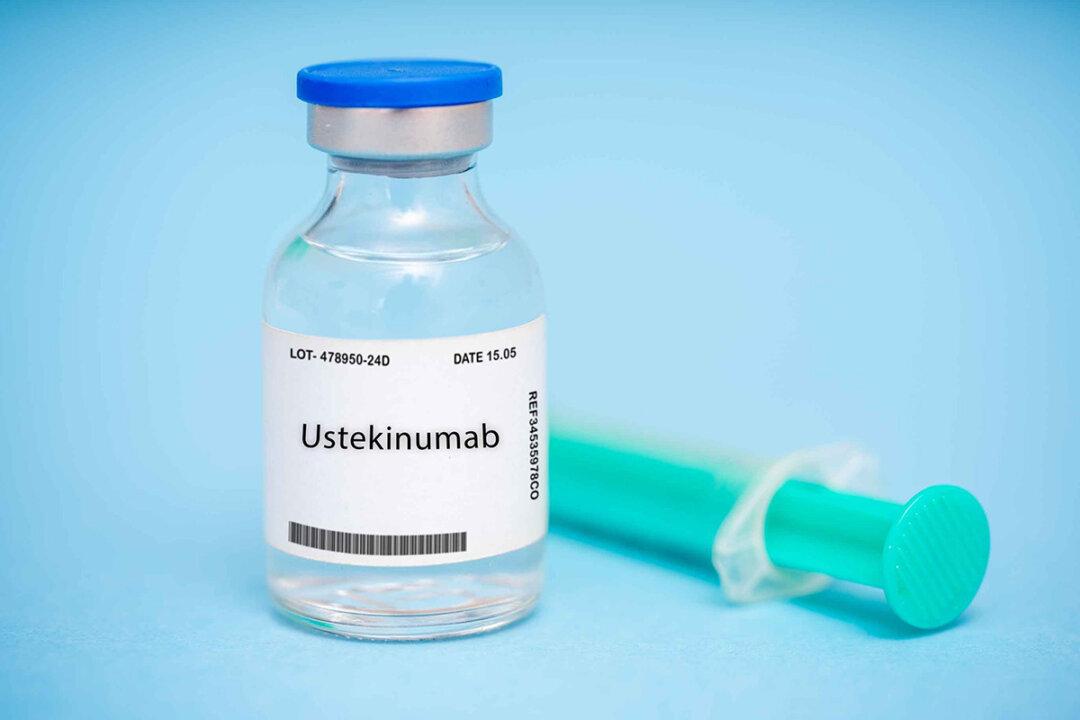Beta-blockers have long been the go-to medication for treating heart attacks. However, a new study suggests these drugs may not benefit patients with otherwise normal cardiac function.
Trial Finds No Benefits from Beta-Blockers
The new study, which was published in the New England Journal of Medicine, followed over 5,000 patients who had recently undergone coronary angiography after a heart attack, reached a similar conclusion.The participants, who were from Sweden, Estonia, and New Zealand, were randomly assigned to receive long-term beta-blocker therapy or no treatment. The study found that beta-blockers did not lower the cumulative incidence of outcomes such as all-cause mortality, cardiovascular mortality, recurrent heart attacks, or hospital admissions.
Moreover, those taking beta-blockers experienced slightly higher rates of adverse effects, including atrioventricular blocks, bradycardia, syncope, hypotension.
However, some critics warn it is too early to completely abandon the go-to treatment.
Past Research Also Questions the Cardiac Status Quo
A heart attack, also known as a myocardial infarction, occurs when there is insufficient blood flow to a portion of the heart muscle. This lack of blood flow is typically caused by a blockage in one or more of the heart’s arteries. Without adequate blood supply, the affected heart muscle starts to die, leading to permanent damage and potentially death.Every year, over 800,000 Americans have a heart attack, most often because of coronary heart disease, the leading cause of death in the U.S.
Standard treatment for a heart attack includes a variety of medications, such as anti-clotting drugs, anti-arrhythmia medications, antihypertensives that treat hypertension, statins, and beta-blockers.
Beta-blockers work by slowing the heart rate, allowing the organ to recover from the injury caused by the heart attack. These drugs were first developed in the late 1950s.
Recent studies have questioned the efficacy of beta-blockers as the go-to medication for heart attack treatment.







